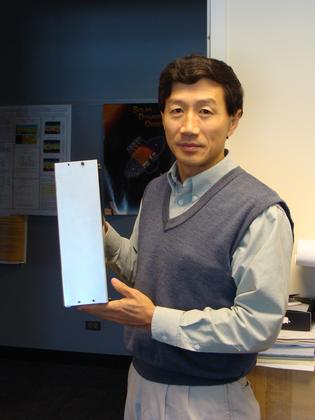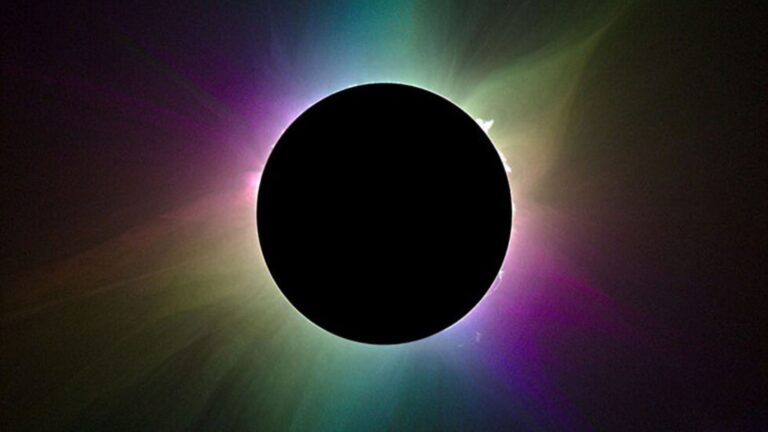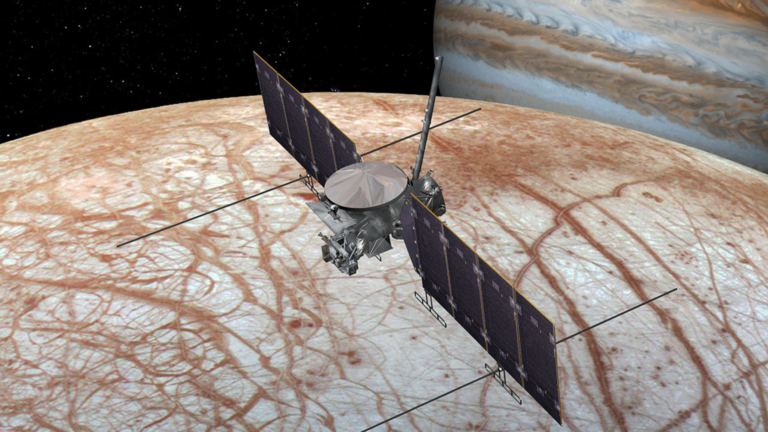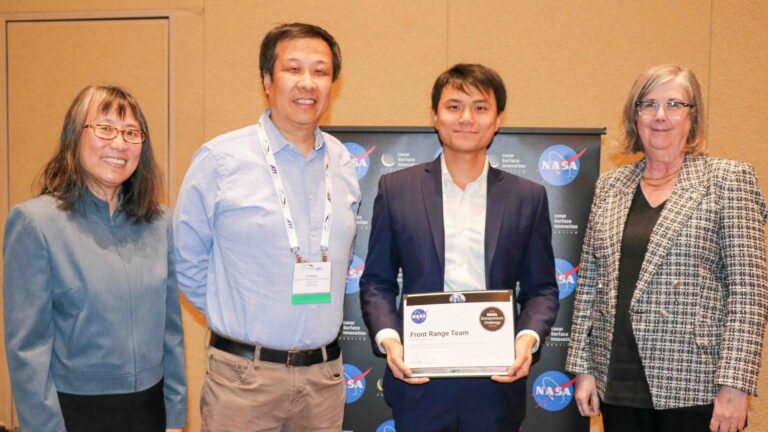
CU-Boulder students, mentored by LASP scientists and engineers, are designing and building a satellite that will study space weather—changes in near-Earth space conditions that adversely affect Earth-orbiting spacecraft and communication technologies. The Colorado Student Space Weather Experiment (CSSWE) is an $840,000 CubeSat mission funded by the National Science Foundation. CSSWE is scheduled to launch into low-Earth polar orbit in June 2012 as a secondary payload under NASA’s Educational Launch of Nanosatellites (ELaNa) program.
Data from CSSWE, in combination with information from other missions, will add to our understanding of space weather and its impact on the near-Earth environment. The mission will observe energetic particles for a minimum of three months, with a goal of relating the location, magnitude, and frequency of solar flares to the timing, duration, and energy spectrum of solar energetic particles reaching Earth. The mission also seeks to determine the evolution of the energy spectrum of radiation-belt electrons.
CSSWE will consist of a single instrument, called the Relativistic Electron and Proton Telescope integrated little experiment (REPTile); the instrument will fill three standard 10 x 10 x 10-centimeter (4 x 4 x 4-inch) stacked CubeSat units. The CSSWE package will weigh a little more than two kilograms (five pounds) and be the size of a large loaf of bread.
More than 50 graduate and undergraduate students are designing and building the CubeSat under the supervision of CSSWE principal investigator Xinlin Li, a LASP scientist and a CU-Boulder associate professor, and co-principal investigator Scott Palo, a CU-Boulder associate professor. Rick Kohnert, a systems engineer at LASP, has served as the chief technical mentor for CSSWE. CU-Boulder students will also conduct subsequent mission operations and data analysis for CSSWE at LASP.
More information
Space Weather journal article:
http://www.agu.org/pubs/crossref/2011/2011SW000668.shtml



